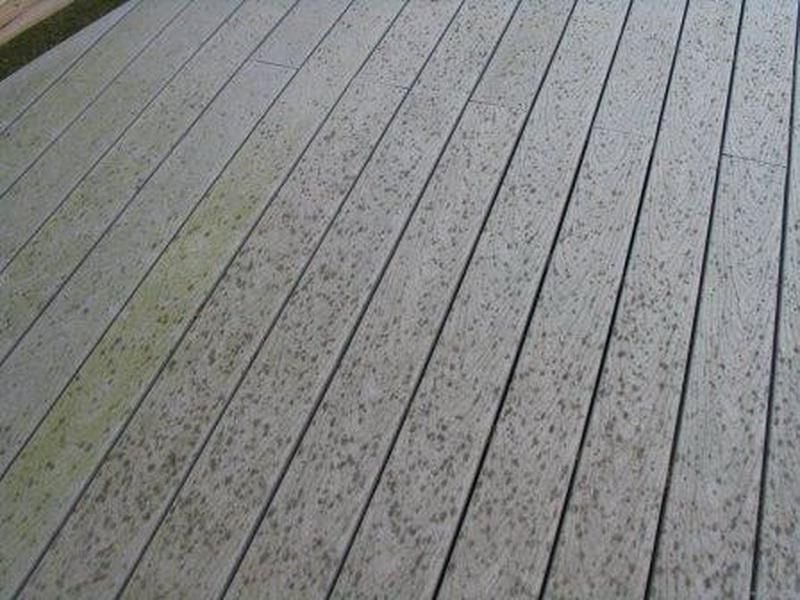DISADVANTAGES OF PVC DECKING
PVC decking has become increasingly popular in recent years as a low-maintenance alternative to traditional wood decking. While it certainly has its advantages, it also has a number of disadvantages that homeowners should be aware of before making the decision to use it for their outdoor space.
1. Cost
One of the main disadvantages of PVC decking is its cost. PVC decking is typically more expensive than traditional wood decking, making it less accessible for homeowners on a budget. While the upfront cost may be higher, it is worth considering the long-term costs associated with PVC decking, such as repairs and replacement, which can add up over time.
2. Heat Retention
PVC decking can become quite hot to the touch in direct sunlight, which can be uncomfortable for bare feet and pets. This heat retention can also cause fading and damage to the surface of the deck over time. While some manufacturers have developed heat-resistant technology, this can also increase the cost of the decking.
3. Limited Aesthetics
While PVC decking is available in a wide range of colors and styles, it has a limited aesthetic appeal compared to traditional wood decking. The texture and grain of natural wood simply cannot be replicated in PVC decking, and it can sometimes look artificial or plastic, which may not be to everyone's taste.
4. Prone to Scratches and Stains
While PVC decking is marketed as a low-maintenance option, it is still prone to scratches and stains. This can be caused by furniture, pets, or simply everyday use. While minor scratches can often be buffed out with a soft cloth, deeper scratches and stains may require replacement of the affected boards.
5. Environmental Concerns
PVC decking is made from plastic, which is not biodegradable and can contribute to environmental pollution. While some manufacturers have developed more environmentally-friendly options, these can often be more expensive and less readily available. Additionally, the manufacturing process for PVC decking can produce harmful chemicals and emissions, which can contribute to air and water pollution.
6. Structural Integrity
PVC decking is not as strong as traditional wood decking, and it can be prone to sagging or bending under heavy weight. This can be especially concerning for homeowners who plan to use their deck for large gatherings or as a gathering space for multiple people. While some manufacturers have developed reinforced PVC decking, this can also increase the cost of the decking.
7. Susceptible to Fading and Discoloration
PVC decking is susceptible to fading and discoloration over time, especially in areas with high UV exposure. While some manufacturers have developed UV-resistant technology, this can also increase the cost of the decking. Additionally, fading and discoloration can be difficult to repair or fix, often requiring replacement of the affected boards.
While PVC decking certainly has its advantages, it is important for homeowners to also consider the potential disadvantages before making a decision. From cost to environmental concerns to structural integrity, PVC decking may not be the best option for every outdoor space. It is important to weigh all factors, including durability, maintenance, aesthetics, price, and environmental impact, in order to make an informed decision that will best suit your needs and preferences.
Conclusion
While there are certainly some disadvantages to PVC decking, as with any outdoor surface, it's crucial to weigh the pros and cons to find the best product that suits your budget and requirements. However, when it comes to durability, versatility, and overall performance, premium Flexstone Coatings emerge as the optimal solution for virtually any situation. Offering exceptional resilience and a wide range of customization options, Flexstone Coatings provide a reliable and long-lasting solution for outdoor surfaces, ensuring both aesthetic appeal and practical functionality.

